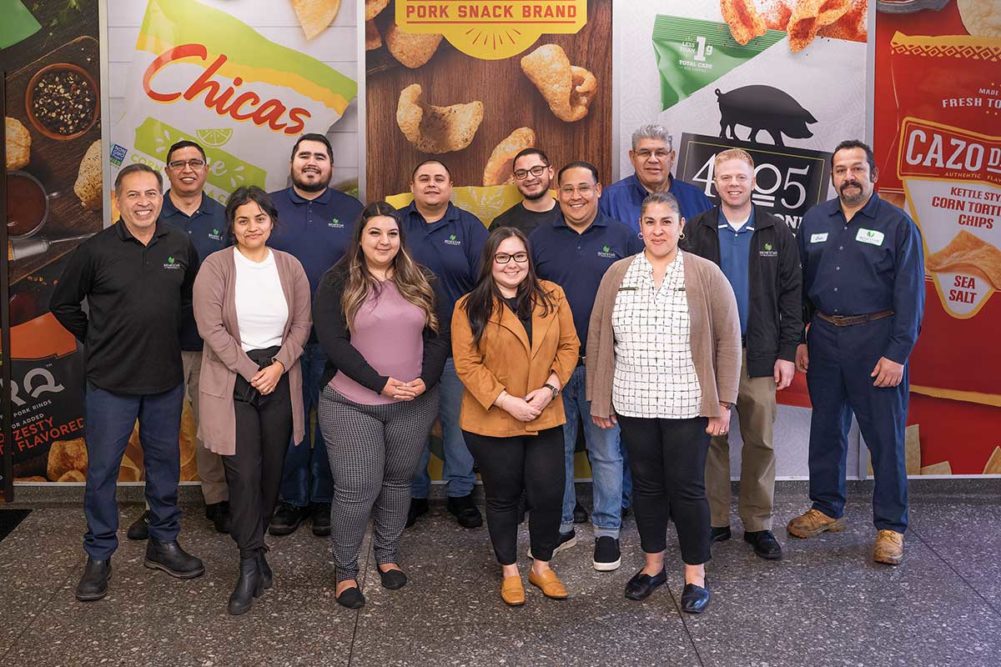While many manufacturers are struggling to maintain employees, Benestar Brands, Chicago, is putting the same thought and intentionality into its workforce as it does operations. The data around retention has informed how Benestar approaches this issue.
“Most employees, especially hourly ones, stay or leave for three reasons: how they’re treated by their boss and their relationship with the people they work with, the actual work they’re doing, or it comes down to pay,” said Dan Robin, chief supply chain officer.
Knowing this, Benestar Brands has made it a point to invest in the environment of its facilities, whether that’s the plant environment, the interpersonal dynamics or the job functions themselves.
The company prioritizes communication between managers and employees so that employees understand expectations. Communication is also seen as a two-way channel that is always kept open.
“Our employees know that if they report any issues to their supervisors, they can expect a response within 24 hours,” said Gustavo Silva, director of operations for the City of Industry plant. “If they don’t receive a yes, no and why within 24 hours, they know they can escalate. They appreciate that and know that we’re listening.”
In areas of production where Benestar sees higher turnover, Chief Technology Officer Jose Gomez said they try to automate if the technology is available.
“For example, our biggest challenge is having skilled PMO operators and packers to pack our product,” he said. “Packaging machines continue to get faster — well over 90 to 100 bags per minute — which requires more labor to pack individual bags rather than having collators or pick-and-place.”
The company’s commitment to employee safety also plays a role in employee retention as the company has made investments to ease the work, such as the collators that stand up pork rind bags for boxing and the lift to pour pellets into the hopper at the front of the pork rind line.
It would also be easy in a facility based in Southern California to write off the facility’s physical environment as unavoidable. But Benestar installed an air conditioner on the tortilla side of the plant and repaired another one to help with temperatures during the summer. The company has also worked with the USDA to offer Gatorade on the production room floor to keep employees hydrated and implemented extra breaks in the summer to keep employees safe.
The care taken to ensure employees are heard and healthy has paid off. Mr. Robin noted that even throughout the pandemic, all four plants were able to stay well-staffed.
As Benestar Brands looks to continually level up in safety, quality, customer service and cost-effectiveness, investment remains a large part of the story. In May, the company will open another production facility in Minford, Ohio, that will add to City of Industry’s tortilla chip capacity.
Unlike City of Industry, however, this new facility will include in-house tortilla production, adding another component to Benestar’s vertically integrated business model. The plant will also help close the distance between production and delivery for East Coast customers.
Benestar’s pursuit of its core values has brought the company sustainable growth without losing its way. Whether it’s providing its employees with a safe working environment, investing in new production lines and facilities to improve quality and customer service or developing products that push the envelope of quality and innovation, Benestar is remaining true to itself as it delivers on its mission to provide delicious low-carb snacks.
This article is an excerpt from the March 2023 issue of Baking & Snack. To read the entire feature on Benestar Brands, click here.





